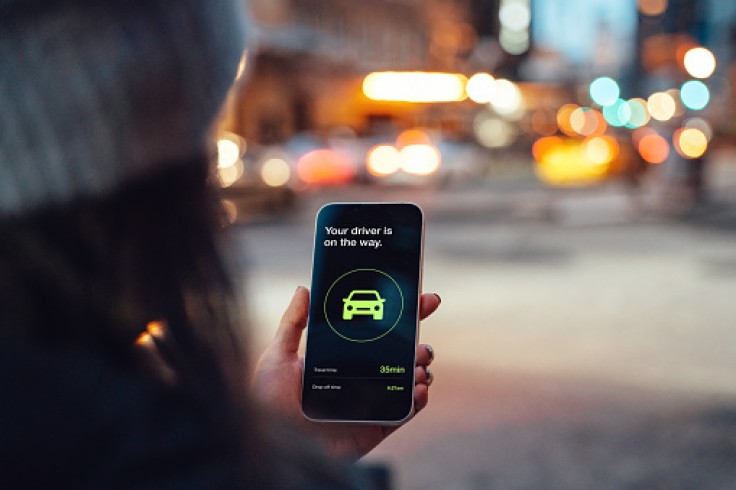Uber and Lyft, two ride-hailing and delivery apps, can continue to treat their Californian drivers like independent contractors, bypassing other state laws.
This is because according to a recent decision by an appeals court, gig workers like rideshare drivers can still be categorized as independent contractors under Proposition 22.

The Court Successfully Overturned An Old Lower Court Decision
The decision mostly maintains Proposition 22, a measure passed by the voters, which said that drivers for ride-hailing services like Uber and Lyft are independent contractors.
It also implores that rideshare drivers are not eligible for benefits like paid sick time and unemployment insurance, NPR reports.
In 2021, a lower court ruled that Proposition 22 was unconstitutional, but Monday's decision overturned that conclusion.
The decision is a setback for labor unions and their allies in the state Assembly, who supported a bill that required ride-hailing services like Uber and Lyft to treat its drivers like workers and enacted it in 2019.
"Today the Appeals Court chose to stand with powerful corporations over working people, allowing companies to buy their way out of our state's labor laws and undermine our state constitution," said Lorena Gonzalez Fletcher, leader of the California Labor Federation
The court determined that businesses could not prevent their drivers from joining a union and engaging in collective bargaining to improve working conditions, so the decision did not represent a total loss for labor unions.
It is a crucial distinction for businesses to make since, unlike independent contractors, employees are protected by a variety of labor regulations that guarantee them certain benefits.
Read More: Massachusetts Politicians Propose Bills for Rideshare Drivers' Employment Benefits
The Ruling Is A Result Of Multiple Collective Bargaining
Assembly Bill 5 (AB5), which was adopted in California in September 2019, requires businesses to treat their gig workers as full-time employees.
That entails providing them with all the required benefits and protections, such as paying for their unemployment and health insurance, Engadget writes.
In retaliation, Uber, Lyft, Instacart, and DoorDash invested more than $220 million in the Prop 22 ballot initiative's campaign.
This investment would let companies to consider app-based employees as independent contractors.
A coalition of opponents, including the SEIU California State Council and the Service Employees International Union, filed a lawsuit in 2021 to have the measure overturned.
The court overseeing the lawsuit agreed with them and declared Prop 22 unconstitutional because it "limits the power of a future legislature to define app-based drivers as workers subject to workers' compensation law."
The three judges on the appeals court have now overturned that decision, but one of them had originally intended to completely invalidate Prop 22 for the same justification as the lower court judge.
The appeals court ultimately maintained the policy but mandated that a provision that makes it difficult for state employees to form a union be removed from the remainder of the proposal.
To alter workers' rights to collective bargaining under that specific article, the California legislature needed to vote with a seven-eighths majority, Engadget says.
It is now anticipated that the group will appeal this decision and take their battle to the Supreme Court, whose decision on whether to hear the case might take months.
Related Article: Court in New York City Denies Uber and Lyft Drivers' Pay Raise









